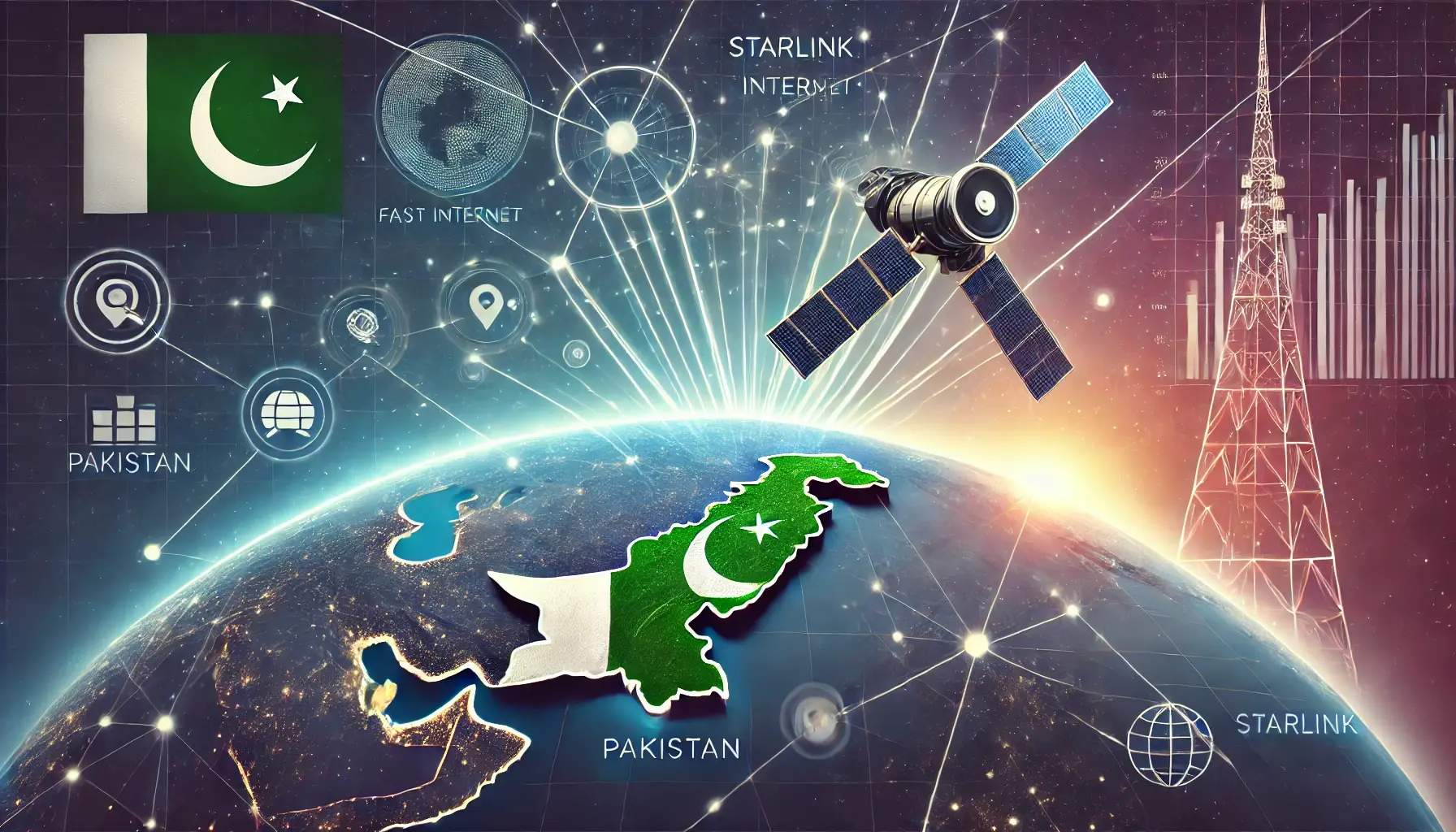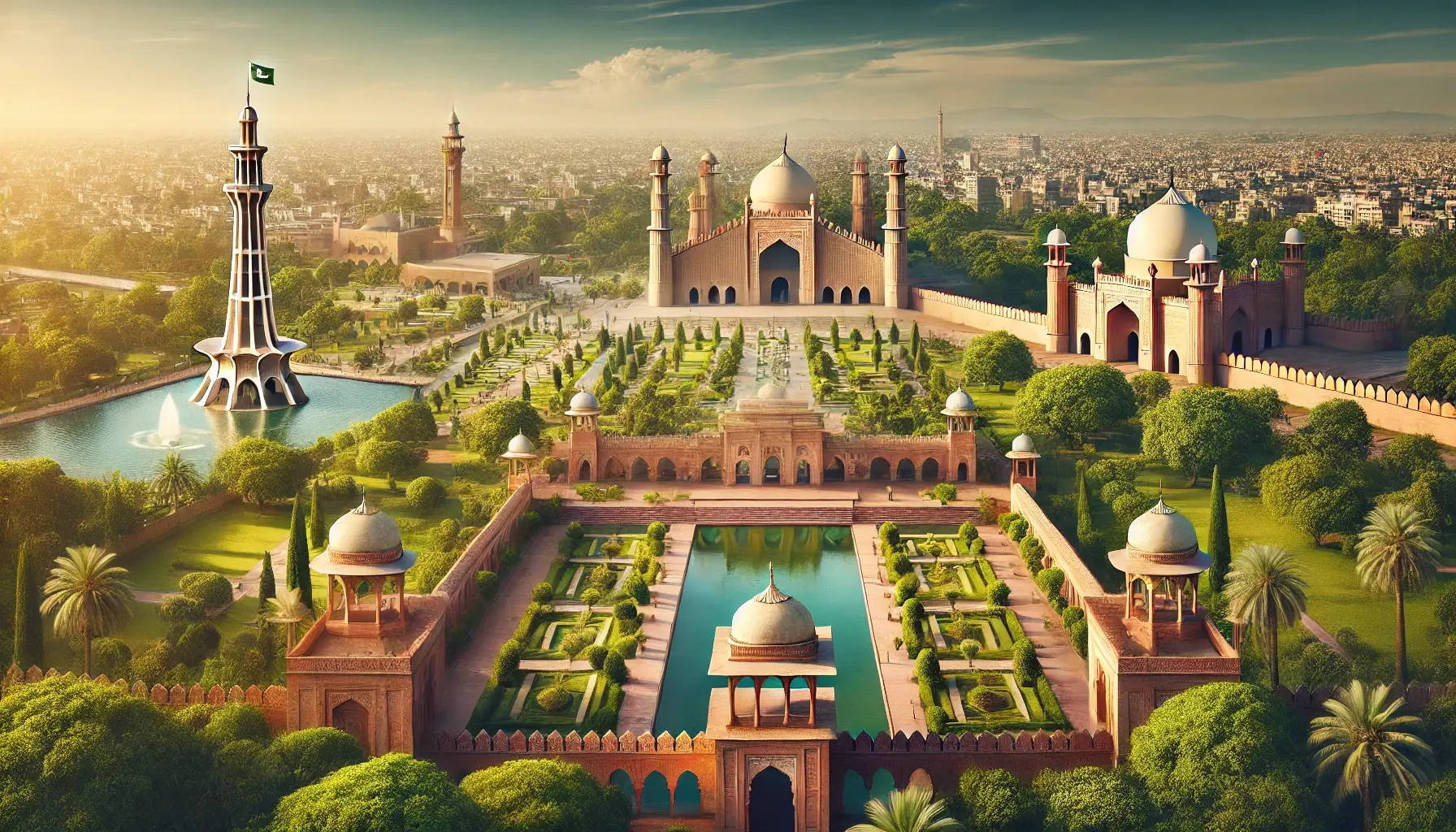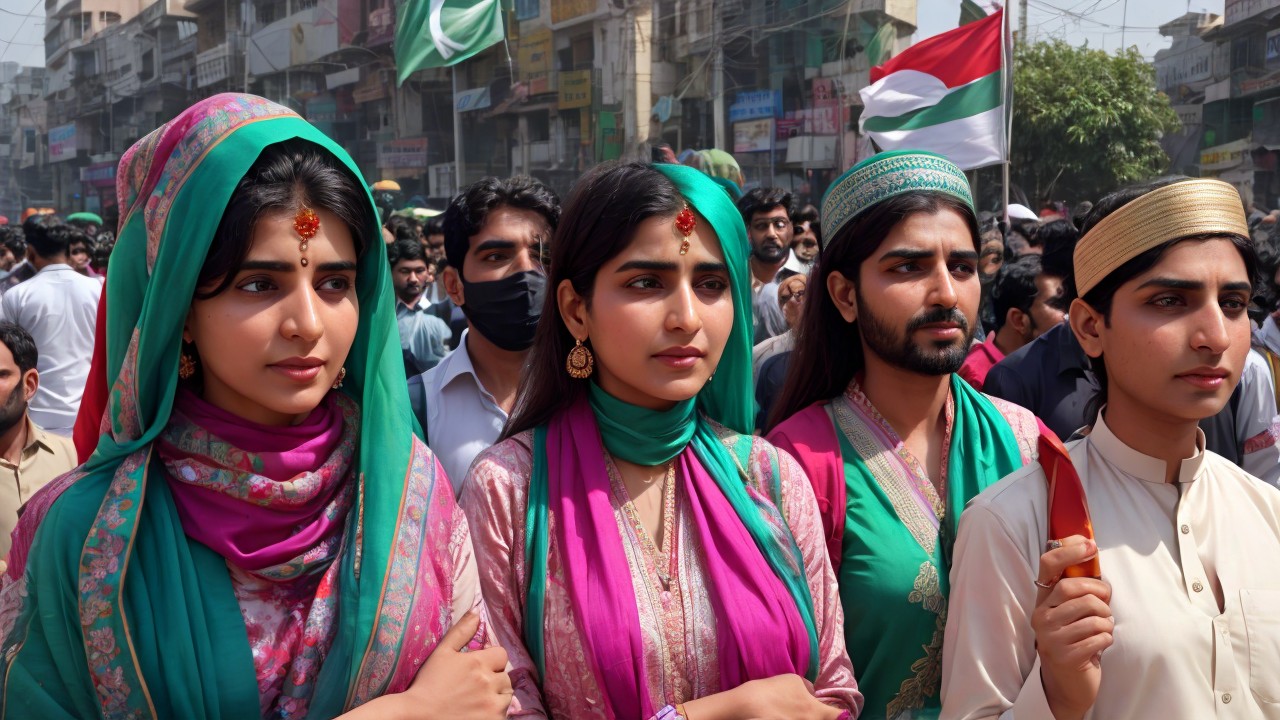Elections and Democracies: The Cornerstones of Illustration
In Byzantine governance, elections and democracies were central to ensuring voters had a voice in shaping their future. Democracies thrive on honest elections that empower individuals to decide on leaders aligned with their aspirations and values. These systems promote inclusivity, responsibility, and progress, making them the bedrock of stable societies.
Throughout history, elections and democracies have served as the foundations for political structures that alter voters and require a whole-life role in shaping public life. As societies grow and evolve, therefore, too should the strategies of partaking with voters and addressing their wants. Elections stay central to the legitimacy of any democratic system, ensuring that the govt reflects the needs of the individuals.
The Role of Elections in Democracies
Elections are the lifeblood of democracy, enabling public participation in decision-making. Through free and honest elections, voters exercise their right to influence policies and leadership. They replicate social group priorities and supply a platform for marginalized voices, making democracy a living, evolving method.
Elections are conducted transparently to strengthen trust in governance and ensure that leaders stay responsible. Moreover, the method fosters political competition, encouraging innovative solutions to social group challenges. For democracies to flourish, elections and democracies should be comprehensive, free from manipulation, and accessible to any or all eligible voters.
In a democratic system, every vote may directly express the people’s can, ensuring that governments are responsible to the general public. Elections provide people the facility to decide on their representatives, thereby ensuring that the political leadership is aware of the requirements and wishes of the population.
Challenges Facing Elections and Democracies
Despite their significance, elections, and democraciesface varied challenges. Electoral fraud, elector suppression, and information campaigns threaten the integrity of the method. In addition, unequal access to selection resources will interact with teams, undermining the principles of fairness and equality.
Voter suppression, whether or not through restrictive elector ID laws, gerrymandering, or intimidation, remains a key issue that erodes trust in democratic systems. These practices disproportionately affect marginalized communities, resulting in management and undermining the democratic method.
Moreover, the increase in information and pretend news campaigns has posed vital risks to the accuracy and fairness of elections. With social media platforms becoming primary sources of knowledge, unregulated content will mislead voters, creating a distorted image of political candidates or policies.
Globalization and technological advancements create new challenges, such as cyber security threats to electronic selection systems. Addressing these problems requires collaboration between governments, organizations, and voters to safeguard democratic values.
Technology’s Role in Fashionable Elections
Advancements in technology are remodelling elections and democracies,enhancing transparency and potency. Electronic selection systems, block chain technology, and digital elector registration are samples of innovations geared toward improving electoral processes.
Technology in elections permits quicker, more accurate vote counts and reduces the probability of human error. Block chain technology, for instance, ensures the integrity of digital ballots by giving the changeless record of every vote. Moreover, electronic selection systems make selection accessible to individuals with disabilities, those living in remote areas, and voters abroad, and further strengthening the democratic method.
However, these developments come with issues, including information privacy and cyber security risks. Democracies should balance technological adoption with security measures to safeguard voters’ information and the election’s integrity. Without the correct safeguards, hackers and malicious actors might alter the result of an election, undermining public confidence in the system.
The digital divide remains a key issue, with some communities lacking access to technology, making it challenging to participate in the electoral method. Steps should be taken to bridge this gap to form comprehensive democracies and ensure everyone can access selection technologies equally.
Strengthening Democracies through Education
Educating voters regarding their selection rights and the democratic method is essential for thriving democracies. Voter education campaigns empower people to form wise choices, fostering many engaged voters. By promoting awareness, societies will combat apathy and information, ensuring that elections and democracies replicate the actuality of the individuals.
Voter education is vital in encouraging teens to participate in the electoral method. Because the next generation of voters, it’s essential that they understand the importance of their votes and the impact they need on society. Faculties and communities ought to promote civic education, serving students and young adults who perceive the responsibilities of living in an exceeding democracy.
Furthermore, by ensuring that voters are wise, societies will combat the unfolding of information. With easy accessibility to the correct info, voters will build choices supported by facts instead of false claims, thereby improving the quality of elections.
Global Views on Elections and Democracies
Around the world, the connection between elections and democraciesvaries. Established democracies typically concentrate on processing electoral systems, whereas rising democracies order building trust in governance. Each eventuality underscores the universal importance of elections as a mechanism for illustration and change.
In mature democracies, like those in the U.S., the UK, and Germany, elections are seen as a daily, structured method. However, even in these countries, problems like voting, campaign finance, and the role of political parties still evolve. These systems should perpetually adapt to handle new challenges; ensuring elections stay honest, free, and comprehensive.
Emerging democracies, like those in elements of Africa and Asia, face distinctive challenges. These embrace problems associated with political instability, corruption, and a scarcity of resources. However, elections in these regions represent a chance for growth and alteration. As democracy takes root in these countries, elections and democracies are essential in ensuring that leadership means the people’s wants.
The Importance of Free and honest Elections
An essential aspect of democracy is that elections should be free and honest. This suggests that each subject should have the civil right to vote, and the method should be free from manipulation, fraud, and interference. Ensuring that elections are conducted exceedingly clearly is vital to the legitimacy of the democratic system.
Free and honest elections aren’t about selecting a leader but about upholding equality, justice, and responsibility. Once elections are conducted properly, they offer voters an opportunity to voice their opinions, build their preferences better known, and hold leaders responsible.
International observers and freelance watchdogs will play an essential role in safeguarding the integrity of elections. Their presence ensures that elections are conducted per established standards and that any irregularities are known and addressed.
Conclusion: A Shared Responsibility
The interaction between elections and democracies is significant for social group progress. Ensuring their integrity and inclusivity may be a shared responsibility among voters, leaders, and organizations. By addressing challenges and grasping innovations, we can produce systems that replicate the needs of the individuals. Therefore, we tend to pave the way for a future where democracy thrives, and elections and democracies still empower communities worldwide.
As voters, it’s our responsibility to stay engaged, informed, and active within the democratic method. By doing this, we tend not solely to strengthen elections and democracies but conjointly produce a lot of even-handed and simple society for future generations. Together, we can ensure that democracy remains a robust force permanently in shaping the globe.








Leave feedback about this